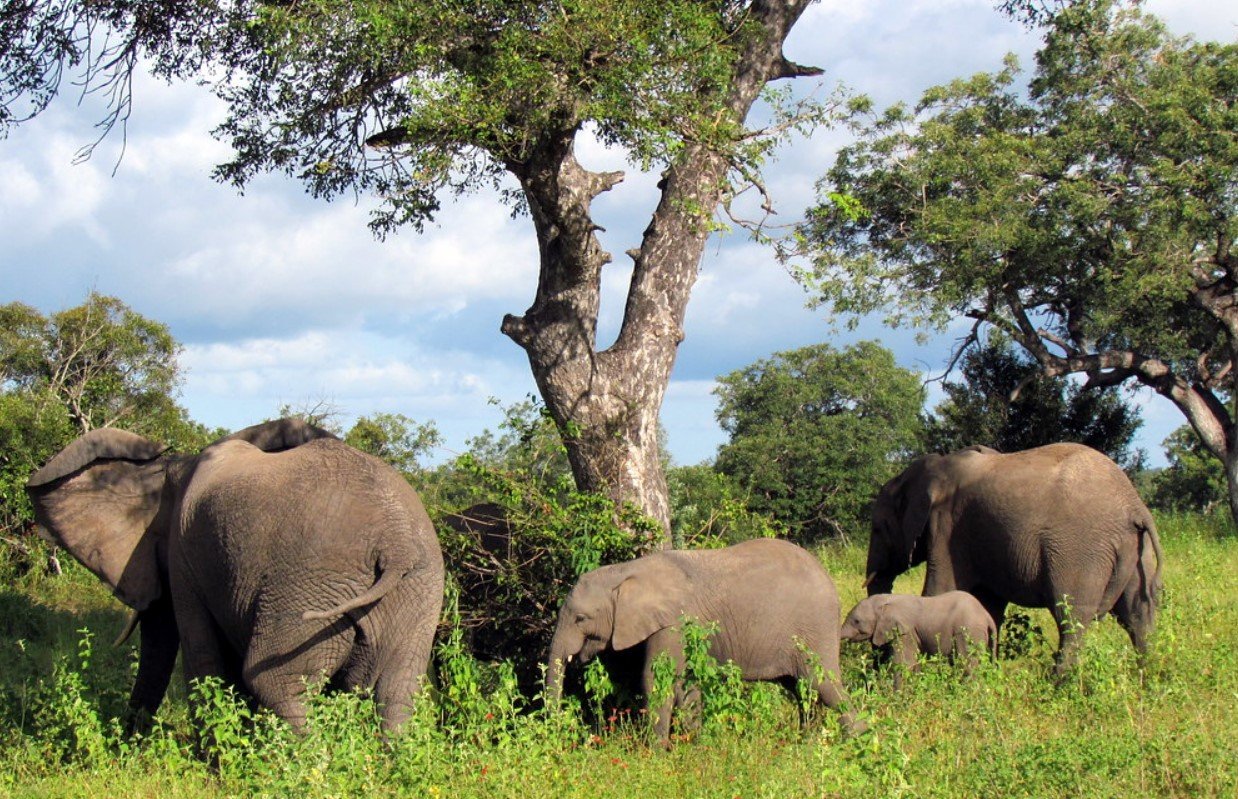As the world becomes increasingly conscious of environmental impact, a new trend is emerging in the luxury safari industry: carbon offsetting. South African lodges are taking the lead in offering eco-friendly experiences that combine luxury with sustainability. Let’s explore how these lodges are making a difference and why travelers are embracing this ethical approach.
The Rise of Eco-Safaris
Traditional safaris often conjure images of gas-guzzling vehicles racing across the savannah, disrupting wildlife and leaving a carbon footprint. However, a growing number of safari-goers are seeking a more responsible way to experience Africa’s natural wonders. These eco-conscious travelers want to witness animals in their natural habitat without harming the environment.

Sustainable Accommodations
South African lodges are at the forefront of this movement. They are redefining luxury by offering sustainable accommodations. Instead of colonial-style cement and brick buildings, these lodges are constructed from local wood and canvas. The Loapi Tented Camp in Tswalu, located in the Kalahari Desert, exemplifies this approach. Built on stilts with raised walkways, the camp minimizes its impact on the soil and local wildlife. Solar energy powers the camp, and rainwater is used for showers. Plastic bottles and disposable packaging are nowhere to be found.
Carbon Offsetting and Conservation
But it doesn’t stop there. Many lodges calculate the energy and water consumption of each guest and invest in climate projects to offset emissions. These projects range from reforestation efforts to providing climate-friendly stoves for impoverished communities. Guests are even given the opportunity to offset the carbon emissions from their flights.
A New Generation of Safari-Goers
Younger safari enthusiasts are leading the charge. They ask questions before booking and choose operators based on ecological criteria. They want their safari experience to contribute positively to conservation efforts. As a result, lodges are channeling revenue back into protecting wildlife, combating poaching, and supporting local communities.
Conclusion
South African lodges are proving that luxury and sustainability can coexist. By embracing eco-safaris, they are not only providing unforgettable experiences for travelers but also safeguarding the planet’s natural treasures. As the industry evolves, these lodges are setting an example for responsible tourism worldwide.








